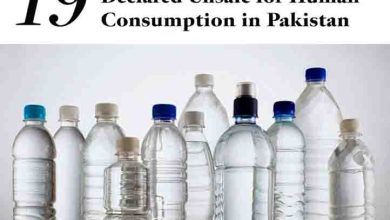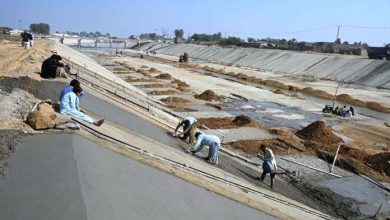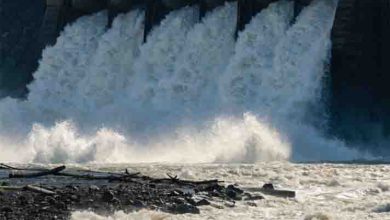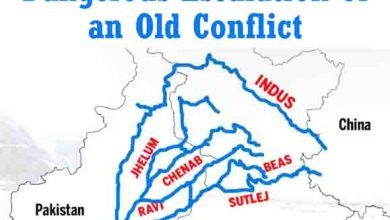World Bank Under Scrutiny Over Tajikistan Hydropower Project: Environmental and Humanitarian Concerns Mount
The World Bank faces scrutiny over its support for the Rogun Dam in Tajikistan amid environmental, socio-economic, and transparency concerns.
World Bank under scrutiny over Tajikistan hydropower project—that’s the headline capturing international attention today. The financing of the Rogun Dam has triggered significant controversy, with environmental organizations and Central Asian citizens formally challenging the World Bank’s role in supporting the project.
The complaint, registered with the World Bank Inspection Panel on April 8, raises serious concerns about ecological threats, water scarcity, and violations of procedural safeguards. As tension escalates, many are demanding a suspension of funding until a full, transparent investigation is conducted.
Background: What Is the Rogun Dam Project?
The Rogun Hydropower Project (HPP) is a multi-billion-dollar infrastructure project underway in Tajikistan. If completed, it will be the world’s tallest dam, designed to generate 3,600 megawatts of electricity, dramatically expanding Tajikistan’s power capacity.
But while the project is marketed as a clean energy solution, critics warn it may become a white elephant, failing to deliver promised benefits while creating environmental and geopolitical instability.
Formal Complaint Filed Against the World Bank
In February 2025, two concerned citizens from Turkmenistan and Uzbekistan, supported by Rivers without Boundaries, a Kazakhstan-based environmental NGO, submitted a formal Request for Inspection to the World Bank’s independent Inspection Panel.
The complaint challenges the $350 million World Bank grant approved in December 2024, citing inadequate risk assessments and flawed decision-making processes.
“The Rogun HPP project in its current, unfinished form poses a colossal threat to environmental stability and the well-being of millions of people in Central Asia.” — Rivers without Boundaries
Key Allegations Against the World Bank
The allegations focus on multiple critical issues:
-
❗ Inadequate Environmental and Social Impact Assessment (ESIA)
The ESIA used was outdated and incomplete, failing to address cross-border impacts. -
❗ Violation of Transparency Norms
A lack of public consultation in Tajikistan, Uzbekistan, and Turkmenistan. -
❗ Neglect of Transboundary Risks
The dam could significantly reduce the flow of the Amu Darya River, endangering agriculture and water access in downstream nations. -
❗ Reliance on Faulty Data
World Bank allegedly based its decision on flawed or obsolete environmental data. -
❗ Ignoring Cumulative Impact
The project may cause long-term ecological degradation across the Amu Darya River basin, affecting over 10 million people.
Environmental and Socio-Economic Risks
Environmental Impact
The Amu Darya River, Central Asia’s primary water source, is already under immense pressure due to overuse and climate change. Experts argue that the Rogun reservoir could reduce its flow by up to 25%, leading to:
-
Shrinking wetlands
-
Reduced biodiversity
-
Increased desertification
-
Drought-like conditions downstream
Socio-Economic Fallout
Local communities, especially in rural Uzbekistan and Turkmenistan, depend on the river for drinking water, farming, and livestock. Depleting this resource could:
-
Worsen food insecurity
-
Force population displacement
-
Spark cross-border water disputes
Demands for Immediate Action
Environmentalists and regional activists are not waiting for the Inspection Panel’s final decision. Rivers without Boundaries has urged:
-
📍 Immediate suspension of construction
-
📍 Halt all financial disbursements
-
📍 Launch of an independent, comprehensive investigation
-
📍 Transparent public consultations in all affected regions
These steps, they argue, are essential to protect regional peace, water equity, and ecological sustainability.
World Bank’s Position and Next Steps
While the Inspection Panel has not yet decided whether to proceed with a full investigation, it emphasized that the complaint is credible and serious.
“The Panel’s due diligence has determined the Request is not frivolous, absurd, or anonymous.”
The World Bank continues to describe the Rogun Dam as a “transformative clean energy project”, claiming it will boost regional cooperation, reduce carbon emissions, and improve energy access.
Bank officials now have three weeks to formally respond. Based on their reply, the Inspection Panel will determine whether the case merits a full investigation.
Conclusion: A Call for Accountability and Transparency
The World Bank under scrutiny over Tajikistan hydropower project highlights the growing need for ethical investment and ecological responsibility in major infrastructure development.
The Rogun Dam may be a technological marvel on paper, but real-world consequences—environmental, humanitarian, and geopolitical—demand careful reconsideration.
If the allegations hold, this could mark one of the most significant accountability challenges for the World Bank in recent years. Stakeholders across Central Asia, and indeed the globe, will be watching closely.







